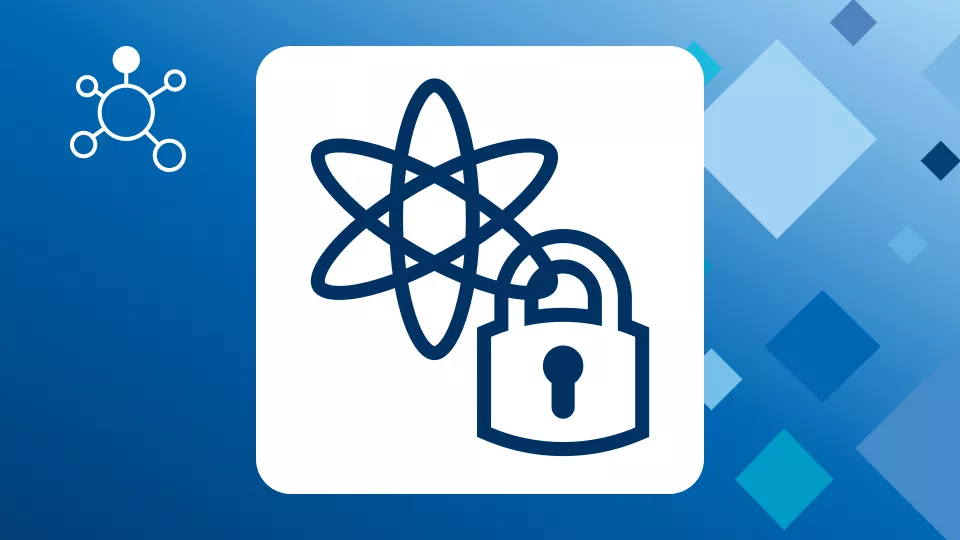NIST standardization process explained
NIST – the National Institute of Standards and Technology – has initiated the process of selecting and standardizing algorithms for the post quantum age. So far (2022), they have conducted three rounds of evaluating proposed algorithms that should be standardized. The third round concluded in July 2022, with a selection of four chosen algorithms. NIST has examined algorithms that can be applied for the two main encryption use cases:
- General encryption - Used to protect information exchanged across a public network
- Digital signatures - Used to verify the (digital) identity of users, applications, and devices (e.g., during digital transactions)
What is the timeline for the NIST standardization process?
The process has begun in 2016 with the official call for the submission of quantum-proof cryptographic algorithms. These submissions were to be solicited, evaluated, and standardized within a total of 4 rounds of evaluation. After the 3rd round in 2022, NIST already announced four algorithms to be standardized and will continue with four candidates to the 4th and last round. The process is to be finalized in 2024.




